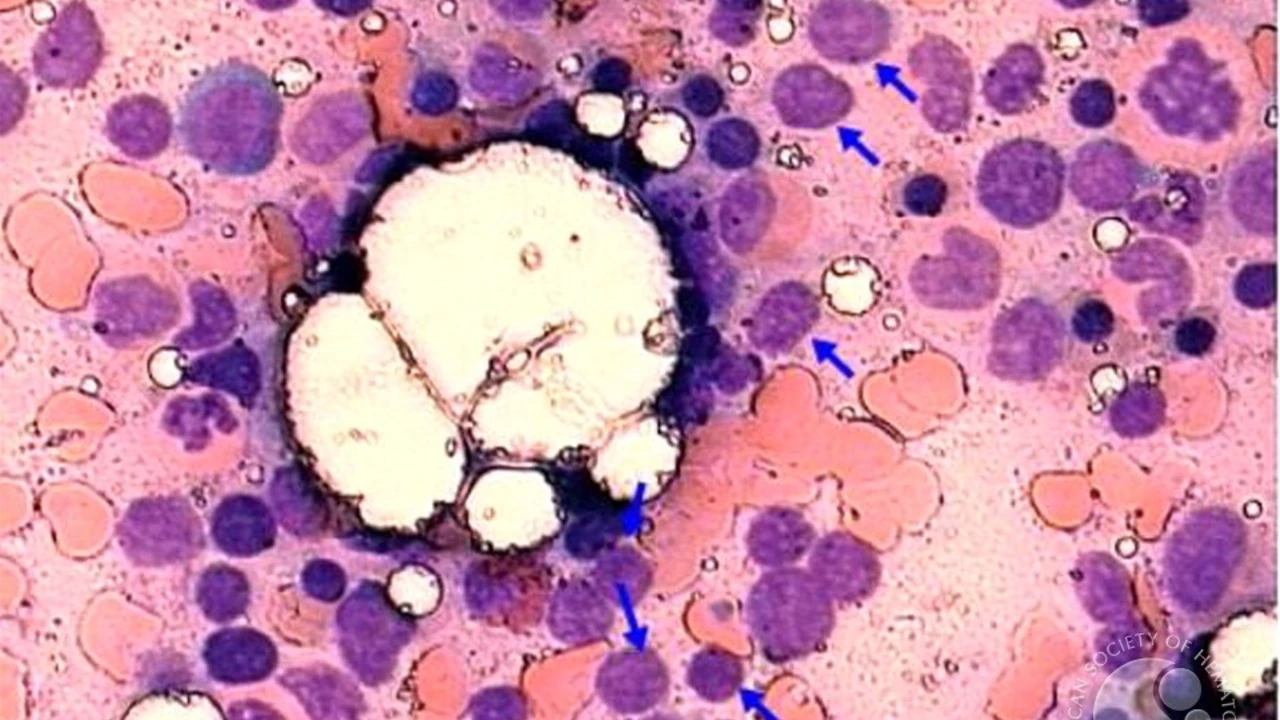Complementary and Alternative Medicine for Chronic Lymphocytic Leukemia — Nov 2023 Archive
In November 2023 we posted a practical piece on using complementary and alternative medicine (CAM) alongside standard care for chronic lymphocytic leukemia (CLL). The article explains which CAM approaches patients commonly try, what evidence exists, and how to avoid dangerous interactions with cancer drugs.
The goal was simple: give clear, useful guidance so people with CLL can make safer choices. We focused on options patients actually ask about — like green tea extracts, curcumin, vitamin D, acupuncture, and mind-body practices — and highlighted real risks you need to watch for.
Common CAM options patients ask about
Green tea extract (EGCG): small clinical studies have looked at EGCG in early-stage CLL and reported modest effects on lymphocyte counts for some patients. That said, high-dose supplements can upset the liver and interact with drugs, so brewed green tea is a lower-risk option if your doctor approves.
Curcumin and other herbs: lab studies show curcumin can affect leukemia cells, but clinical data in CLL are limited. Herbs are not harmless — they vary in strength and may affect blood tests or interact with treatment.
Vitamin D: many people with CLL have low vitamin D. Supplementation to reach normal levels is reasonable, but very high doses aren’t proven to alter CLL outcomes. Ask your doctor for a target level and dose.
Acupuncture and mind-body care: acupuncture can help chemo-related nausea and peripheral neuropathy. Practices like yoga, breathing exercises, and meditation don’t change the cancer directly but often improve sleep, mood, and fatigue — which matters when you’re on long-term therapy.
Probiotics and antibiotics: probiotics can ease diarrheal side effects but carry infection risk in severely immunocompromised patients. Talk to your care team before starting them.
How to use CAM safely with CLL
Talk to your oncologist and pharmacist. Tell them every supplement, herb, and therapy you’re using. Some supplements, like St. John’s wort, induce liver enzymes and can lower levels of targeted CLL drugs such as ibrutinib. Others (high-dose fish oil or garlic) can increase bleeding risk during treatment or procedures.
Avoid starting new supplements during active chemotherapy or when your blood counts are unstable. Prefer whole-food sources (tea, food-based turmeric) over concentrated extracts unless a clinician advises otherwise. If you’re curious about a therapy with limited evidence, ask about clinical trials — that’s the safest way to try something new while being monitored.
Keep records: bring a list of doses and brands to appointments, monitor lab results closely, and stop anything recommended by an unreliable source. When used thoughtfully and with medical oversight, many CAM approaches can improve quality of life without harming your treatment plan.
If you want the full breakdown from our November post, check the article for detailed notes on studies, specific drug interactions, and practical checklists to discuss with your doctor.

 Nov, 23 2023
Nov, 23 2023
